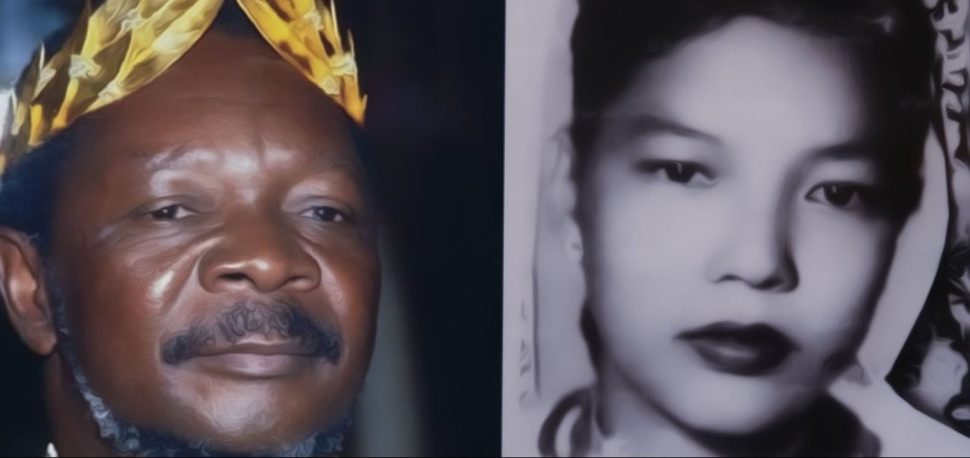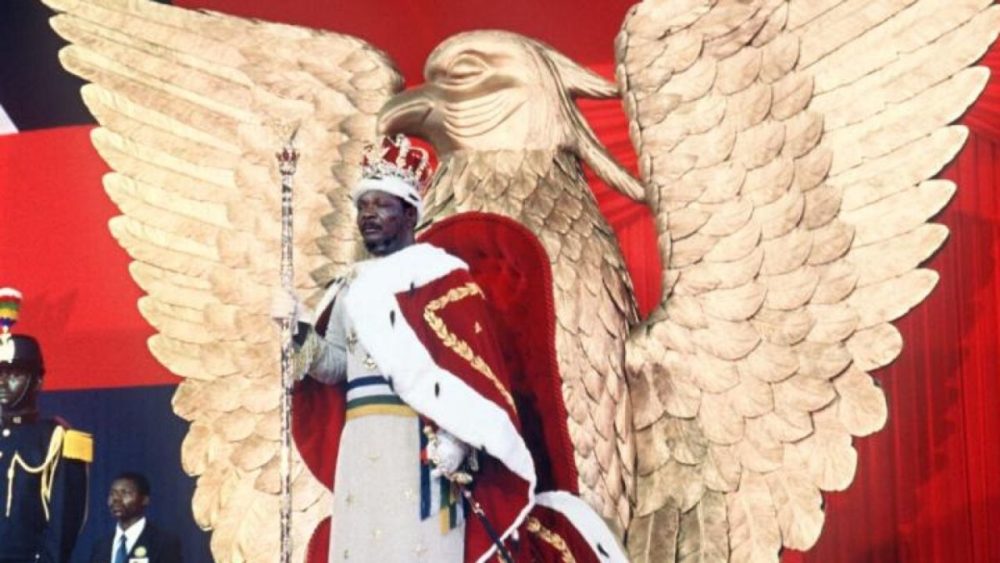A controversial historic African leader and two Vietnamese women were involved in a unique story that joins Africa and Vietnam in a recent period of history. Jean-Bédel Bokassa, also called Bokassa I, was one of the most controversial African leaders of the 20th century. The son of a village headman, Bokassa was born in 1921 in Bobangui, Central African Republic. After the loss of his father, he spent his childhood in local mission schools before joining the French army in 1939.
After twenty years of serving in the French military, Bokassa distinguished himself in the first Indochina war. The conflict erupted in 1949 when France ratified separate treaties that recognized Vietnam, Laos, and Cambodia as independent, self-governing states within the French Union. This situation led to a war that lasted for decades.
While serving as a French soldier in Vietnam, Bokassa married a Vietnamese woman with whom he had a daughter. After being relocated, he ended up having to leave the two behind
In the early 1960s, Bokassa left the French armed forces. He made this decision because he wanted to lead the army of the newly independent Central African Republic. On Dec. 31, 1965, Bokassa plotted to overthrow David Dacko, the man who become the first president of this new African nation and declared himself president of the republic on Jan. 1, 1966.
Once he became president of Central Africa, one of his first actions was to contact the French Ambassador to find his daughter.
The Two Martines
After years of searching, Bokassa received information that the South Vietnamese government has found his first family.
However, a local Vietnamese paper said Martine and her mother were impostors. The media reports said that the real Martine was a worker at a Saigon factory. She traveled to meet Bokassa, showing some photos years before he left Vietnam with her him and her mother.

When he realized that the other woman, known as “Big Martine,” was an impostor, Bokassa had the first girl jailed but then relented and adopted her. The two Martines married on the same day in 1973. Both daughters received the same gift from their father to avoid any jealousy issues.
The intriguing story of the two Martines had another chapter. Now, he would be responsible for the deaths of the husbands of his two daughters. First, was the death of the false Martine’s husband, Captain Oubrou. Bokassa accused Oubrou of being behind a coup d’état that aimed to overthrow him and restore Dacko to power. The coup d’etat failed. Oubrou was arrested, tortured, and sentenced to death.
Bokassa would still have ordered the death of the other Martine’s husband, Dédé Abodé.
After this horrendous incident, false Martine disappeared. She was likely strangled or shot before being secretly buried somewhere along the road. Meanwhile, the real Martine left Africa and now she runs two Vietnamese restaurants in France.
Bokassa: A Controversial African Leader
Bokassa was the first part African leader to gain international recognition.
But in 1976, to consolidate his power, Bokassa issued a decree transforming the republic into an Empire. He followed the footsteps of Napoleon Bonaparte, his great political influence. A year later, he crowned himself Emperor with the title Bokassa I. At that time, the international community had begun to have problems defining where his eccentricity ended and becoming an insane leader.
He later became known for his autocratic and unpredictable policies. Human rights abuse skyrocketed, including the killings of thousands of people.
He had personally participated in a massacre of 100 schoolchildren by his imperial guard. In 1979, French paratroops carried out a military coup against him that reestablished the republic and reinstated Dacko as president. Bokassa went into exile, first traveling to Côte d’Ivoire but later settling in France.
He decided to return to the Central African Republic in 1986.
In Africa, he was arrested and put on trial. In 1987, Bokassa was found guilty of the murders of the schoolchildren and other crimes (although he was acquitted of charges of cannibalism). His death sentence was subsequently commuted, and he was freed in 1993. Bokassa died in 1996.





